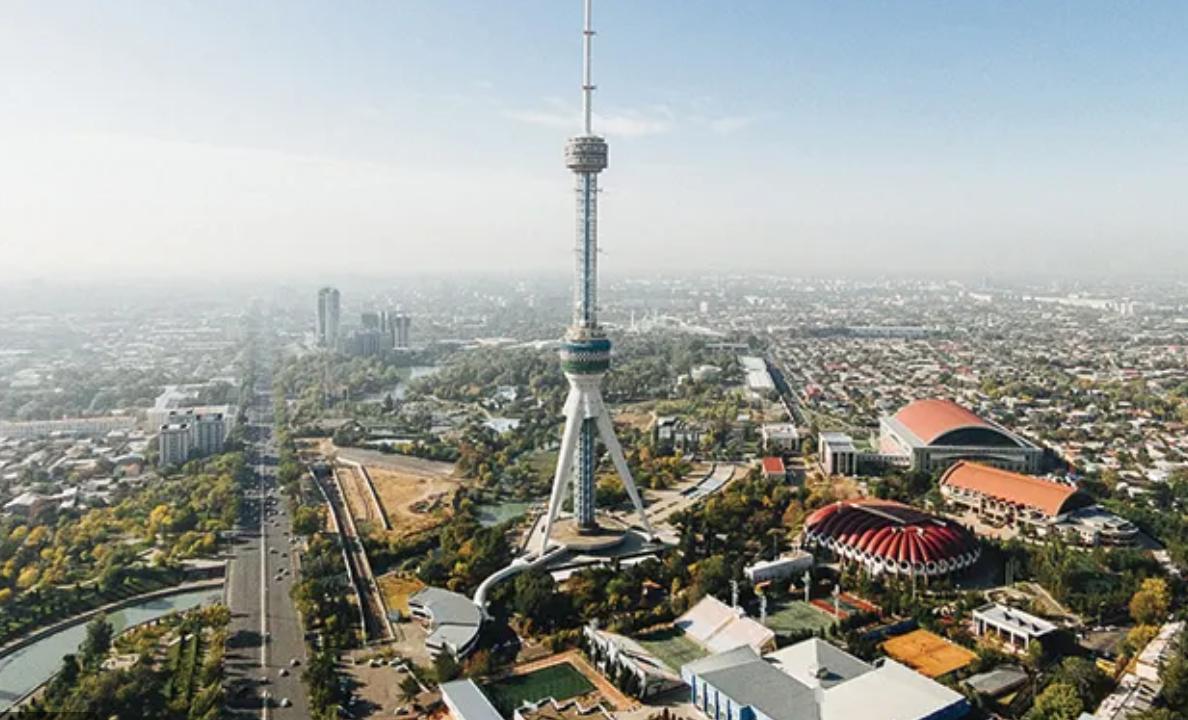Political analyst: Events in Uzbekistan - failed attempt to create instability Farhad Mammadov's standpoint
The protests in Uzbekistan in early July have become part of a series of events in recent months that have attracted attention in different contexts.
Azerbaijani political analyst Farhad Mammadov made the remark on his Telegram channel, Caliber.Az reports.
"On July 1 and 2, seemingly spontaneous rallies broke out in Karakalpakstan, which turned into acts of unconstitutional activity in order to destabilize the situation and undermine the territorial integrity of Uzbekistan. At the beginning of the actions, the demonstrators spoke out against the proposed changes to articles 70, 71, 72, 74, and 75 of the Constitution of the Republic of Uzbekistan concerning the status of the Republic of Karakalpakstan. Let me remind you that this is just a part of a major reform of the basic law of the country, which, in turn, is part of President Shavkat Mirziyoyev's large-scale reforms.
A day later, however, the protesters turned to smashing up state institutions, attacking law enforcement officers in order to seize weapons, and speaking out calling for the secession of the Republic of Karakalpakstan from Uzbekistan.
It reminded me of the events in Kazakhstan at the beginning of the year, when social networks were activated all at once (social networks popular in this region of Uzbekistan were used, the content was filled with professional photo and video materials, and hundreds of fake accounts were directed from outside, slogans spread gradually). It is no secret that every state has vulnerabilities. In Central Asia, these are border disputes, water issues, personified political system, where the relationship between the leaders of the countries is of key importance. After Mirziyoyev came to power in Uzbekistan, the country came out of isolation, opened to foreign capital, and began to implement a proactive foreign policy, a vivid example of which is the accession to the Organization of Turkic States.
On Mirziyoyev's initiative, summits of the region's leaders were resumed, border issues began to be solved, and numerous formats 5+1 were formed, involving such countries as Russia, China, USA, EU, Japan, and South Korea taking the role of +1. That is, it was the region that chose the format of interaction, and it was not imposed from the outside. Thus, the system of relations on the constructive basis of equality is formed, where the countries of the region level the potential conflict issues (the most vulnerable points), which created the opportunity for external actors to influence the region through conflicts," Mammadov wrote.

According to the analyst, Uzbekistan is the only Central Asian country that has borders with all the countries of the region, which means that an attempt at destabilization in Uzbekistan will have an impact on all the countries of the region. The choice fell on Karakalpakstan, a region that has its own specific history, huge in the territory, and the most sparsely populated region of the country. The region has objective difficulties related to the problems of the Aral Sea region and the resulting unemployment.
"Both in foreign policy and to solve the problem of protests, Mirziyoyev showed flexibility. He visited Nukus twice, held meetings with aksakals, the deputies of Zhokargy Kenes, and talked with the population. During the meetings Mirziyoyev noted that no amendment to the Constitution concerning the Republic of Karakalpakstan would be adopted unless the Karakalpak people themselves wanted it, thus removing the political content of the protest from the agenda.
It should be noted that for the last 5 years about one billion dollars has been allocated to the local budget of the region. In order to solve the unemployment problem, the creation of enterprises, agro-clusters, and infrastructure projects are being stimulated. Millions of trees are planted on the dried-up part of the Aral Sea. A five-year national program on the restoration of flora and fauna, restoration of ecosystem, and sustainable socio-economic development of the Aral Sea region is being developed.
In other words, the region is coming out of the state of depression that has existed since Soviet times. It is the results of the work that allow the leader of Uzbekistan to respond promptly and nip the problem, which had been orchestrated from the outside, at its very source. The leadership of Uzbekistan demonstrates that it has the political will, resources, and most importantly, the legitimacy to respond to the challenge," Mammadov wrote.








